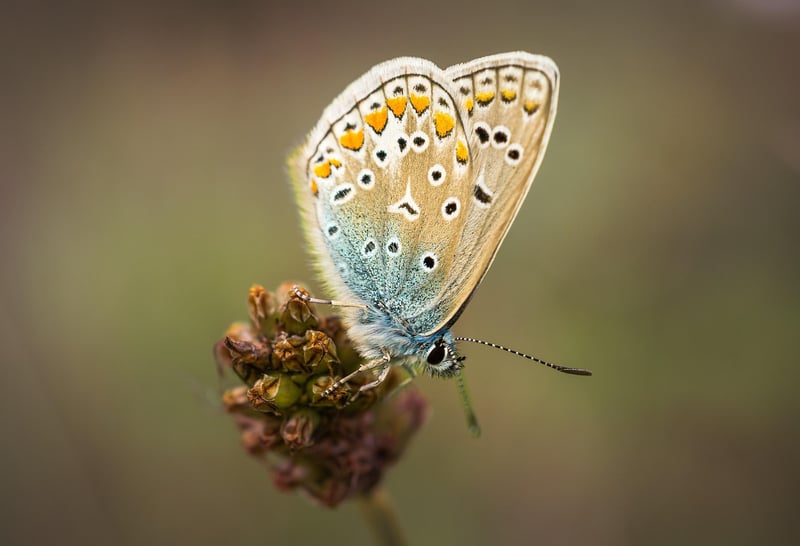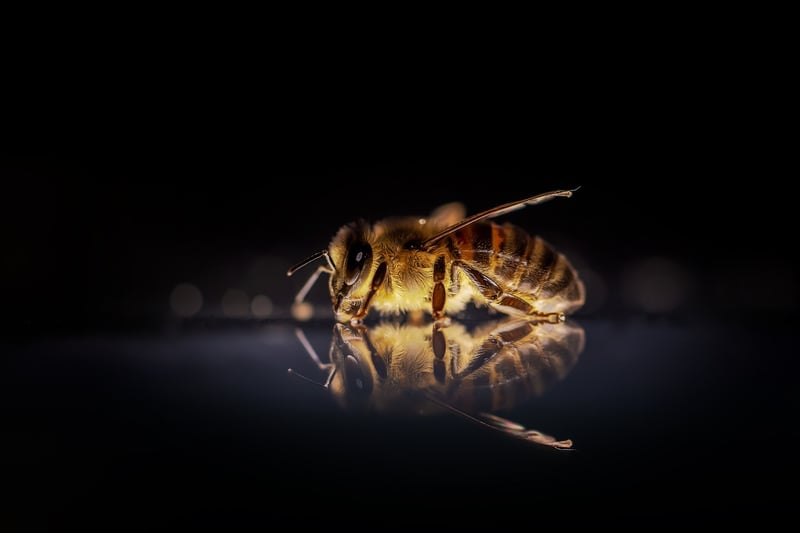Pollinator Habitats
Attracting Wildlife to Gardens and Creating Pollinator Habitats

Creating a garden that attracts wildlife not only adds beauty to your outdoor space but also plays a crucial role in supporting biodiversity. By designing your garden to be a welcoming habitat for various creatures, you can enjoy the presence of birds, butterflies, bees, and other wildlife right at your doorstep. Additionally, creating pollinator habitats within your garden is essential for supporting the crucial role that pollinators play in our ecosystem.
How to Attract Wildlife to Your Garden:
- Plant a diverse range of native plants to provide food and shelter for wildlife.
- Include a water source such as a birdbath or a small pond for drinking and bathing.
- Provide nesting sites like birdhouses, bat boxes, or insect hotels.
- Avoid using pesticides that can harm wildlife and opt for natural pest control methods.
- Leave some areas of your garden untouched to create wild spaces for wildlife to thrive.
Creating Pollinator Habitats:
Pollinators, such as bees and butterflies, are vital for the pollination of plants, including many of the fruits and vegetables we consume. Here are some tips for creating pollinator-friendly habitats in your garden:
- Plant a variety of flowers that bloom at different times to provide nectar throughout the seasons.
- Include native plants that attract local pollinators.
- Avoid using pesticides that can harm pollinators.
- Provide shelter and nesting sites for bees, such as bee hotels or areas of bare soil for ground-nesting bees.

By incorporating these practices into your gardening routine, you can create a vibrant habitat that not only attracts wildlife but also supports essential pollinators. Watching butterflies fluttering among the flowers and bees buzzing from bloom to bloom will not only bring joy to your garden but also contribute to the health of the environment around you.
Remember, small actions in your garden can have a big impact on the ecosystem, so let's create welcoming spaces for wildlife and pollinators to thrive!
